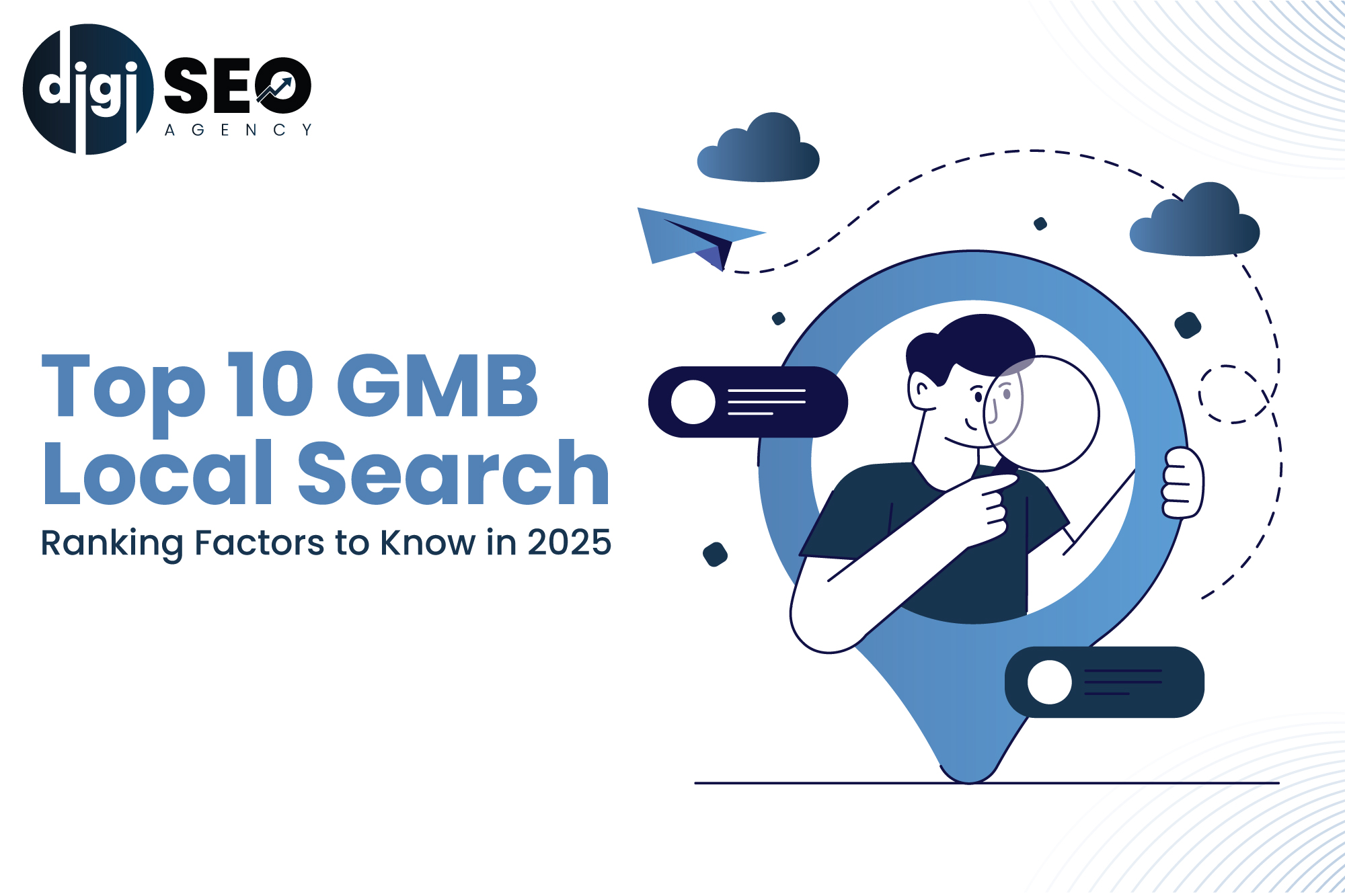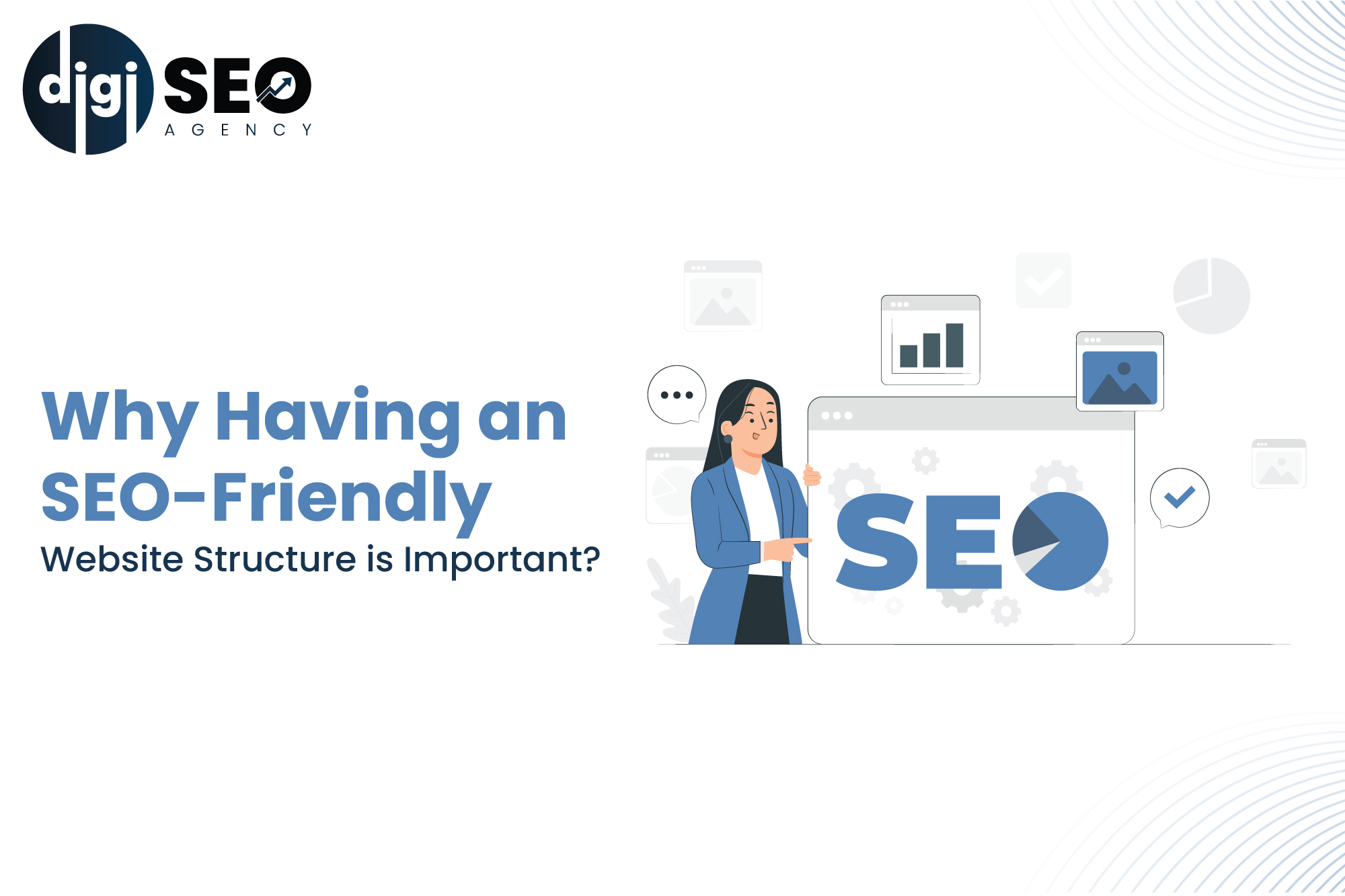The rapid rise of artificial intelligence (AI) has transformed various industries, from supply chains to food production, and now, it’s making waves in content creation and SEO. While AI’s role in generating images and text is becoming more widespread, the question remains: can AI generated content truly replace human driven SEO strategies? The advent of tools like OpenAI’s ChatGPT and DALL-E has brought AI generated content to the forefront of digital marketing discussions. AI is already being used for everything from content writing to keyword optimization, but its impact on SEO is still a subject of debate.
In this blog, we’ll dive deep into the pros and cons of using AI for SEO, exploring its potential benefits and pitfalls, and how businesses can use these tools effectively without compromising quality.
What Is AI Generated Content?
AI generated content refers to text produced by algorithms and machine learning models. These tools, such as OpenAI’s ChatGPT, process vast amounts of data, learn patterns, and generate content based on user input whether it’s a topic, keyword, or specific instruction. These systems have the ability to create everything from short product descriptions to entire blog articles, often within minutes. For businesses, this offers a chance to speed up content production, but it raises several questions about the quality and authenticity of the output.
Pros of Using AI for SEO
1. Efficiency and Speed
One of the most significant advantages of AI for SEO is the speed with which content can be created. Unlike human writers who require time for research, writing, and editing, AI tools can generate content in a fraction of the time. This makes it ideal for businesses looking to scale their content creation efforts.
AI can generate hundreds of blog posts or product descriptions in a day, compared to what a human team could accomplish in weeks. This efficiency is particularly valuable for large scale ecommerce websites that need vast quantities of content.
2. Cost Effectiveness
Hiring skilled content creators can be expensive, especially when you need to produce large volumes of high quality content regularly. AI writing tools, on the other hand, offer a more affordable alternative. Some AI content generation services are free or come with a subscription fee that’s much less expensive than hiring full time writers.
For simple, non technical content such as blog posts, FAQs, or social media posts AI tools can be a more cost effective solution, especially for businesses with limited budgets. AI tools can take care of the bulk content generation, leaving human writers to focus on more complex or nuanced tasks.
3. SEO Optimization
AI tools don’t just create content, they optimize it for SEO as well. Many AI platforms include built in SEO features that analyze top performing content and suggest keywords and phrases to improve a page’s search engine ranking. These tools help businesses optimize content for relevant keywords and boost their organic reach.
By using AI to optimize content, marketers can also save time on manual keyword research and content structuring. AI tools can analyze user intent, suggest long tail keywords, and structure content to match search engine algorithms, which is crucial for improving SEO performance.
4. Overcoming Writer’s Block
Writer’s block is a common challenge for content creators. AI tools can act as a powerful assistant to overcome this barrier. These tools can generate topic ideas, outlines, or key points that help writers develop their content. This is especially beneficial when content creators are working on topics they’re not familiar with or need inspiration to get started.
For SEO, AI can generate detailed content outlines that align with SEO guidelines, making it easier for human writers to fill in the gaps and create a polished, well rounded piece.
Read Also: How AI is Changing SEO in 2025
5. Language Localization and Personalization
AI tools are increasingly sophisticated in handling multilingual content and localization. This is particularly useful for businesses targeting international markets or different demographics. AI can adapt content to different languages, ensuring that it resonates with local audiences while maintaining SEO best practices.
Moreover, AI can personalize content for various platforms. For instance, it can adapt blog content into social media posts, email newsletters, or product descriptions, customizing each to match the tone and format of its respective medium.
Cons of Using AI for SEO
1. Quality and Authenticity Concerns
While AI can generate content quickly, it often lacks the emotional depth and creativity that human writers bring to the table. Content generated by AI may come across as robotic, formulaic, or even overly technical. This could result in a lack of engagement, as users may find it hard to connect with content that doesn’t feel authentic or emotionally resonant.
Additionally, AI generated content can sometimes lack the nuance or subject matter expertise needed for certain industries. For example, highly specialized content, such as technical articles or in depth thought leadership pieces, may require a level of expertise that AI tools currently can’t replicate.
2. Plagiarism and Duplicate Content
AI content generators often scrape data from existing websites to craft new articles. While they reword the information and generate new text, the risk of accidental plagiarism remains. Search engines like Google prioritize originality, and if AI generated content closely resembles existing content, it may be penalized for duplication.
Furthermore, AI’s tendency to pull from multiple sources without proper citation or attribution could lead to issues with plagiarism, even if unintentional. This creates a risk for businesses, as search engines could flag their content for not adhering to original content standards, ultimately hurting SEO efforts.
3. Algorithmic Risks
Search engines like Google are constantly evolving their algorithms to detect low quality content, and AI generated content is often at risk. Google’s algorithm updates, such as the 2022 “Helpful Content Update,” specifically targeted content that creators designed for SEO manipulation rather than to benefit users. AI generated content, if not properly reviewed, could fall into this category, as it might prioritize keywords over actual user value.
In particular, content that is purely generated by AI may not adequately address user intent or provide the in depth analysis and expertise that human created content offers. This misalignment with search engine guidelines could result in lower rankings.
4. Lack of Creativity and Emotional Intelligence
AI tools excel at processing data, but they still struggle with creativity and emotional intelligence. Human writers are adept at weaving compelling stories, evoking emotions, and crafting content that connects with readers on a deeper level. AI generated content, in contrast, often lacks these qualities, which can make it feel impersonal or disconnected.
This can be particularly problematic when creating content for audiences that crave personalized, human driven narratives such as blog posts, opinion pieces, or creative ad copy.
5. Dependency on Human Editing
Despite AI’s capabilities, human input is still required to ensure the content is coherent, high quality, and free from errors. AI tools often generate content with factual inaccuracies, awkward phrasing, or content that needs further refinement. Human editors need to step in to ensure that the content aligns with the brand’s voice, is factually accurate, and provides genuine value.
Best Use Cases for AI Generated Content in SEO
While AI may not be ready to replace human content creators entirely, it can certainly serve as a valuable tool when used correctly. Here are some best use cases:
- Generating Drafts: AI can help get the ball rolling by producing content drafts that writers can then refine and improve upon. This is particularly useful for SEO focused tasks like creating multiple landing pages or blog articles.
- Content Repurposing: AI can assist in transforming long form articles into shorter pieces, social media posts, email content, or even video scripts helping businesses maintain a consistent flow of content across different platforms.
- SEO Optimization: AI tools can suggest keywords, analyze SEO performance, and help refine content to align with the latest search engine algorithms.
- Localized Content: For businesses targeting international markets, AI can help localize content for different languages and cultures, ensuring global reach while maintaining SEO best practices.
If you are a SEO company in Ahmedabad, leveraging AI can help streamline content creation, assist with keyword optimization, and improve your client’s search engine rankings allowing your team to focus on more strategic and high impact initiatives.
Conclusion
AI has undeniably transformed the SEO landscape, offering increased efficiency, cost effectiveness, and scalability. However, it’s important to recognize that AI generated content is not a one size fits all solution. While it can assist with simple content tasks and boost SEO efforts, it’s still essential for human expertise and creativity to ensure content resonates with audiences and maintains high quality.
For businesses working with an SEO company in Ahmedabad, using AI tools for tasks such as content generation, keyword research, and SEO optimization can be a game changer. By balancing AI’s capabilities with human creativity and critical thinking, companies can harness the full potential of both and stay ahead in the ever competitive world of SEO.




